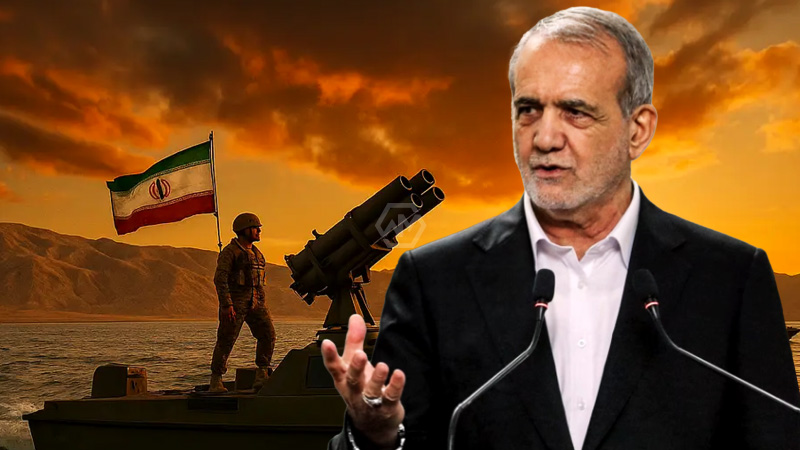- Iran halts cooperation with IAEA following U.S. and Israeli strikes on nuclear sites.
- President Pezeshkian enforces a parliament-approved law suspending inspections.
- The move risks deeper isolation and nuclear proliferation concerns.
Iran has officially suspended its collaboration with the International Atomic Energy Agency (IAEA) following U.S. airstrikes that targeted key nuclear facilities, including the heavily fortified Fordow site.
The conflict, which erupted after Israeli airstrikes on Iranian military installations, quickly escalated into a broader confrontation involving the United States.
Tehran Halts Nuclear Oversight After U.S. Strikes Fordow Facility
The law to suspend cooperation with the IAEA grants flexibility in its enforcement, meaning Iran’s Supreme National Security Council could still adjust how strictly it’s applied. However, President Pezeshkian’s leadership of the council suggests a hardline approach is likely, especially given recent domestic political pressure following the military escalations. The IAEA’s monitoring has long been a critical tool for global nonproliferation efforts, and its exclusion now limits transparency around Iran’s nuclear ambitions.
The Vienna-based IAEA has not yet released a formal statement regarding Iran’s withdrawal, but diplomatic circles warn of potential emergency sessions. Without monitoring access, Iran could theoretically resume high-grade uranium enrichment without international verification. This raises fears of a regional arms race and could unravel fragile nuclear diplomacy in the Middle East.
International responses remain cautious but concerned. European leaders have urged Iran to reconsider, while U.S. officials have emphasized the need for restraint. Analysts believe the timing of the announcement—post-conflict—was strategic, aimed at asserting sovereignty while testing global reaction. This could signal a new era of brinkmanship between Iran and Western powers.
Iran’s domestic messaging appears divided. While Foreign Minister Abbas Araqchi acknowledged severe damage to nuclear sites, intercepted communications reportedly downplayed the impact. Meanwhile, Supreme Leader Ayatollah Ali Khamenei framed the U.S. intervention as a reaction to Iran’s successful military retaliation, painting the Islamic Republic as the regional defender rather than the aggressor.
Iran’s suspension of IAEA cooperation signifies a dangerous shift in nuclear diplomacy. With oversight gone and rhetoric rising, global efforts to maintain regional stability face a steep uphill battle.
“Peace cannot be kept by force; it can only be achieved by understanding.” — Albert Einstein



